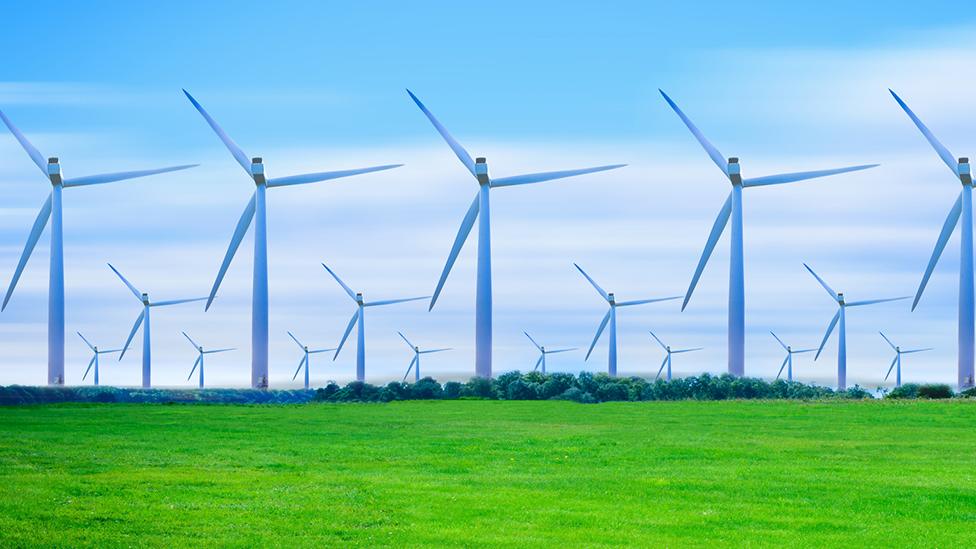Apples or raspberries? The best climate-friendly foods
- Published
Food production is responsible for a quarter of all greenhouse gas emissions, contributing to global warming, according to a University of Oxford study., external
However, the researchers found that the environmental impact of different foods varies hugely.
Many of us have cut down on using plastic bags and plastic straws, recycle where possible and have turned our heating down a degree or two. But have you considered how your weekly shop can change the world?
For BBC Radio 5 Live's Cool Planet season, I wanted to find out how making small changes to our grocery choices can have a big impact on the planet, so I went shopping with Professor Mike Berners-Lee from Lancaster University who specialises in climate change and sustainable food systems.
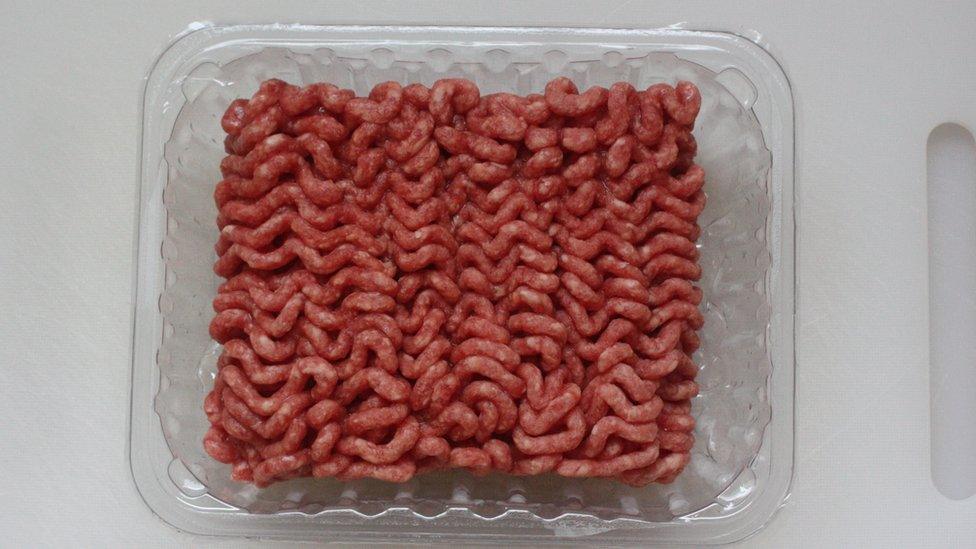
Meat and fish
We don't eat meat in our house but I'm well aware that most people do. Think of the average weekday dinner - grilled chicken breasts, sausage and mash, spaghetti Bolognese.
Professor Berners-Lee says: "I'm afraid to say that beef is the world's highest carbon meat of them all."
He says chicken is better for the environment, but adds "it's still true to say that all meats are a less efficient way of doing agriculture than humans eating plant-based food."
What about fish? Professor Berners-Lee suggests asking a fishmonger for a sustainable variety and limiting fish to one or two small portions a week.
If you can't bear the thought of being vegetarian, don't worry - cutting down is a great start. Going meat-free just one day a week can have a huge impact - research published in 2018 showed that greenhouse gas emissions from agriculture would be reduced by more than a half if we all only ate one portion of red meat a week.
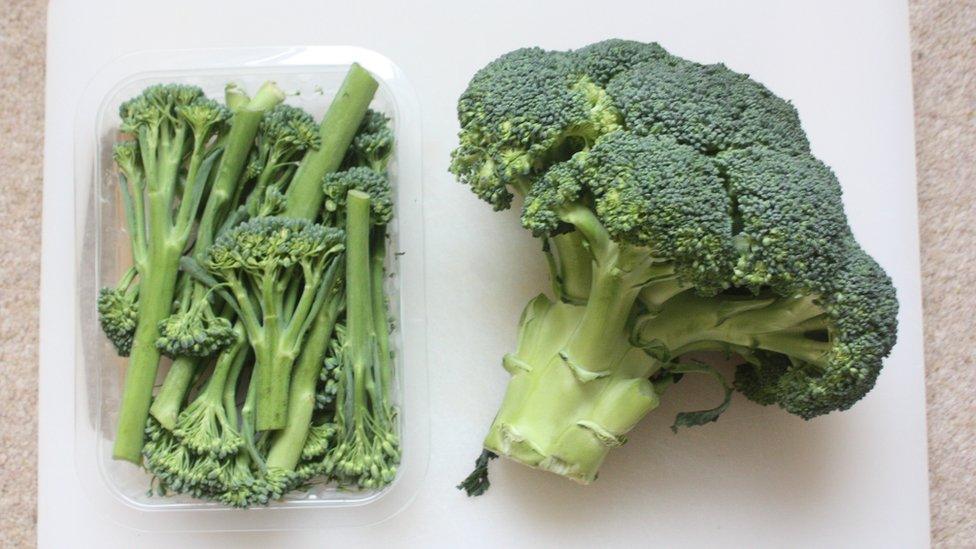
Fruit and vegetables
"Fruit and vegetables are almost always good sustainable foods", says Professor Berners-Lee, "but there are some exceptions.
"If a piece of fruit or a vegetable is out of season you have to ask yourself how did it get here?
"If it looks like it has a good robust skin on it like a pineapple or apple or an orange or banana, then it will have gone on a boat which is much cheaper and it has about a hundredth of the carbon footprint of putting it on an aeroplane which burns through hundreds of tonnes of fuel for one flight."
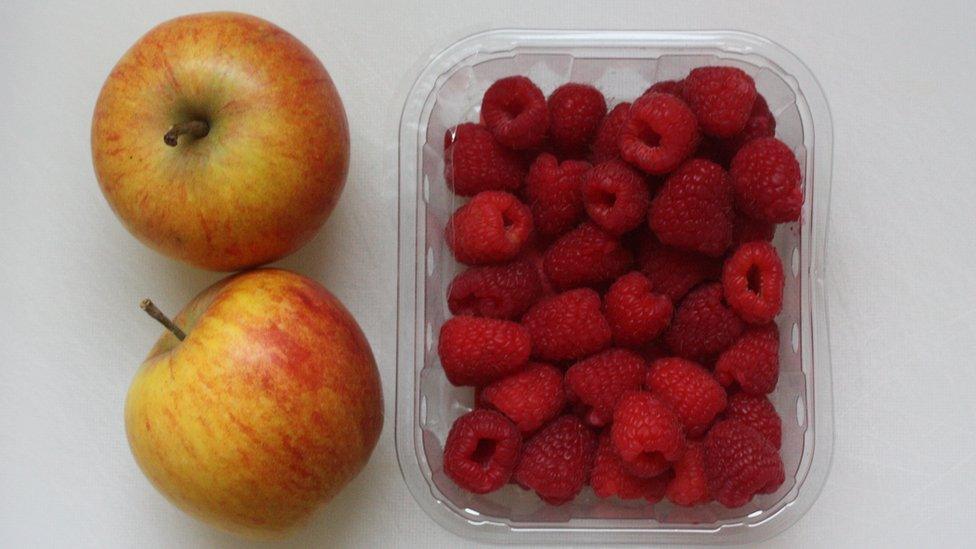
If you can't be without strawberries or raspberries in winter, then Professor Berners-Lee says: "By far the best thing you can do is buy them frozen and they're still delicious. Sometimes people think surely that's a really high carbon footprint because of the refrigeration - it turns out not to be that big a deal."
I love tender stem broccoli and have always assumed that it's the same as regular broccoli - but actually, Professor Berners-Lee says the particular vegetable has a high carbon footprint: "It will have been air freighted in, usually all the way from Kenya," he says.
Flowers

And if like me, you love popping a bunch of flowers in your trolley to brighten up winter days, roses or lilies will have either been hot-housed or flown in, or possibly both. You could buy a potted plant or wait until spring and buy some wonderful British daffodils.
Professor Mike Berners-Lee's golden rules:
For the biggest impact, eat less meat and dairy. It's the least efficient way to take on protein and causes the bulk of food's carbon footprint. If you don't want to go totally meat-free, choose sustainable non-farmed fish and chicken over lamb and beef
Eat everything you buy! Check your fridge before you go shopping and don't be tempted by deals
The more fruit and veg you eat, the better, but just make sure if it's not in season, it's robust enough to have arrived by boat. Frozen is your friend - don't discount it
Click here to find out more about BBC Radio 5 Live's Cool Planet season.
- Published11 October 2018
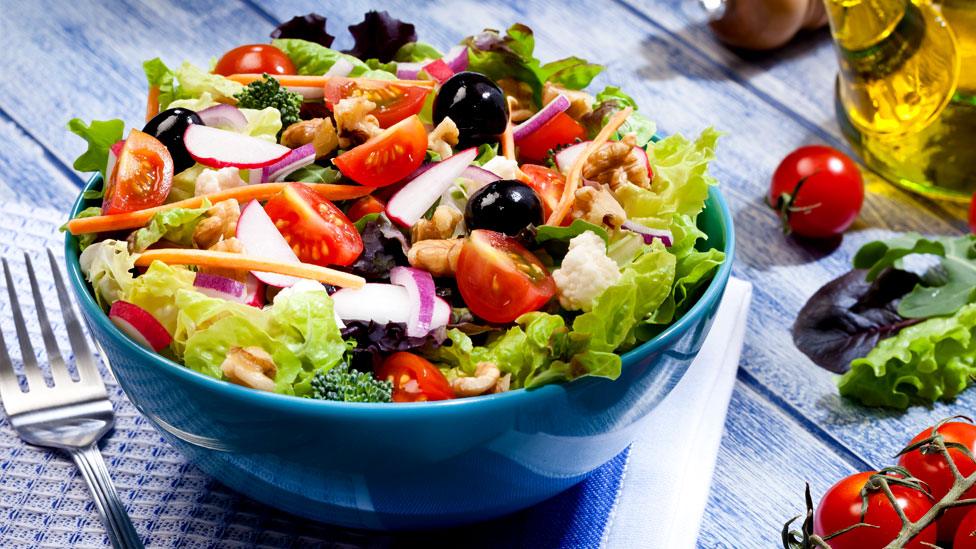
- Published9 October 2018
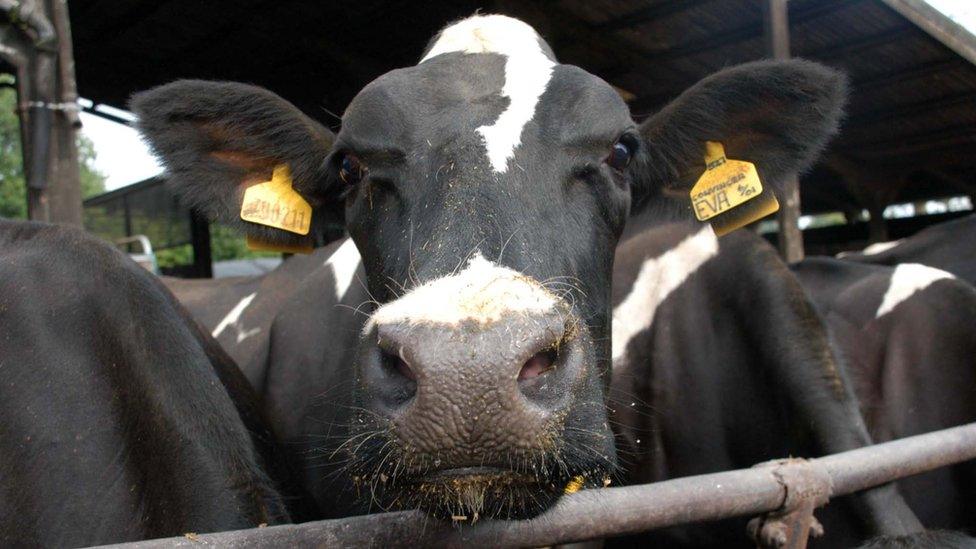
- Published8 October 2018
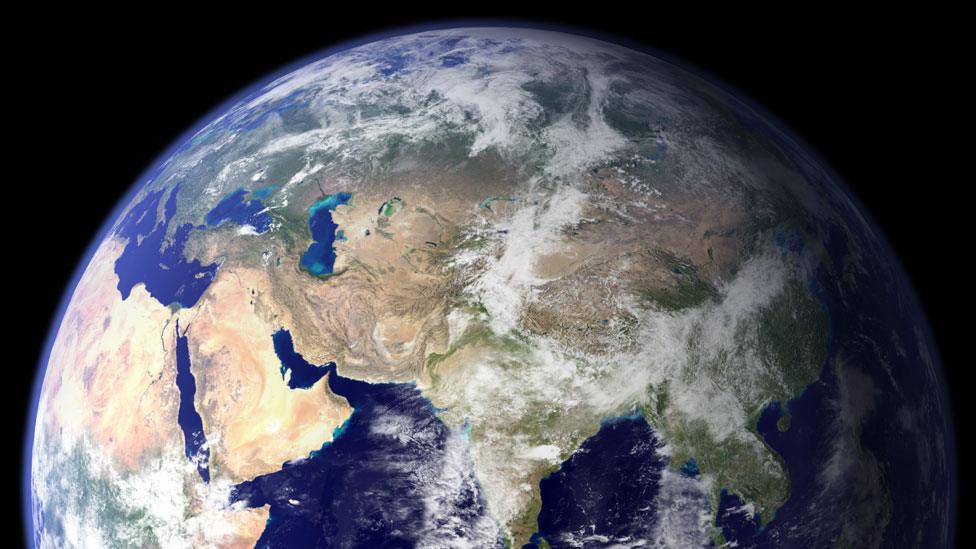
- Published8 October 2018
